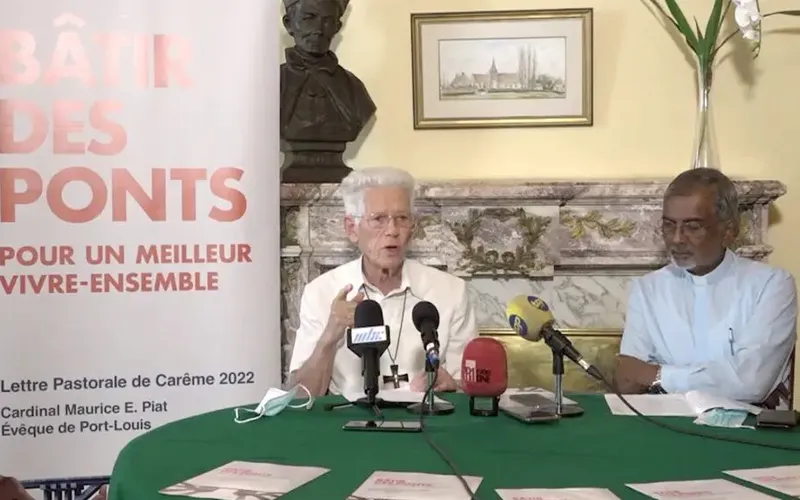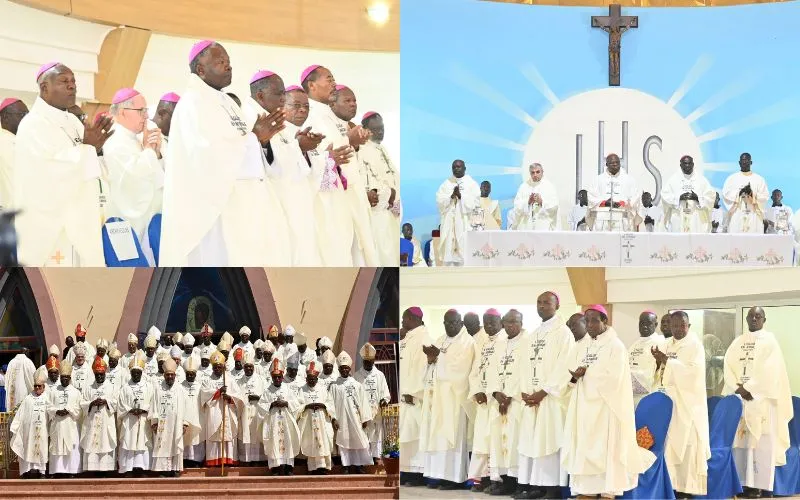The member of the Congregation of the Holy Spirit (Spiritans) further says, “It is in this spirit that Pope Francis has called the whole Church to a synod from October 2021 until October 2023. He is not inviting us to discuss the theme of synodality but to have a concrete experience of walking together in the Church to discern what steps each diocese, each parish, each religious community, each movement/service can take to advance on this journey of conversion for a refoundation of ecclesial life.”
“The fruitfulness of this journey depends to a large extent on the choice we make to undertake or to participate in processes of listening, dialogue, and community discernment to which each and every one of us can contribute,” Cardinal Piat says.
He goes on to highlight the effects of clericalism in the Church saying, “If the Church has a role to play in times of crisis, it is to participate in the search for a healthier democratic way of living together in our country. To play this role, the Church itself needs to question itself and recognize that it too has its weaknesses.”
“We cannot forget the suffering experienced by minors and vulnerable adults because of sexual abuse, abuse of power and abuse of conscience committed by a significant number of Priests and consecrated persons,” the 80-year-old Mauritius Cardinal says.
 Credit: Port Louis Diocese
Credit: Port Louis Diocese
He adds, “Faced with the pain of our brothers and sisters wounded in their flesh as well as in their spirit, for too long the Church has not been able to listen sufficiently to the cry of the victims, nor to protect them as it should have.”
These deep wounds, Cardinal Piat says, are “difficult to heal, and for which we can never ask enough forgiveness.”
Making reference to August 2018 pastoral letter of Pope Francis to the faithful, Cardinal Piat says the Holy Father invites us “to recognize that at the source of these abuses and lack of regard for the victims is the weight of a culture steeped in clericalism, where too much power is concentrated in Priests alone, where decisions are prepared and taken in too small circles, where the fear of the Church's reputation has led to the neglect of an elementary listening and respect for those wounded by abuse.”
“This culture, inherited from the past and not sufficiently challenged, has resulted in twisted forms of authority on which various types of abuse have been grafted (abuse of power, economic abuse, sexual abuse),” he adds.
At the heart of all the suffering endured by the victims, and of all the shame felt by the people of God, Cardinal Piat says, “There is the desire to find in the crisis the call and the trigger to re-found the path of Christian and ecclesial life.”




 Credit: Port Louis Diocese
Credit: Port Louis Diocese



